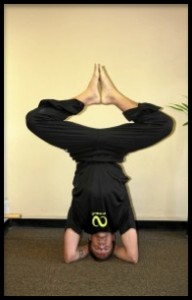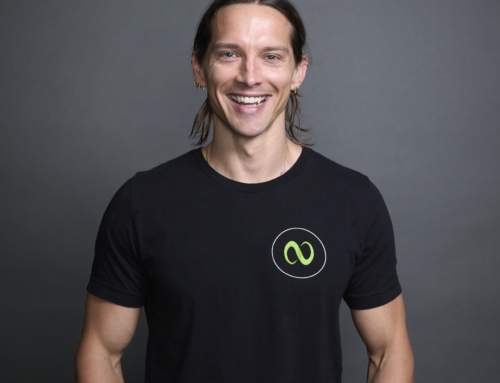 Meditation is a word that is loaded with resonance in our society. Say “meditation” and it conjures images of some enlightened yogi in a cave, levitating off the floor. Meditating seems impossible—like a dreamlike state of nirvana—so many of us reject it out of hand. We say, “I can’t do that” or “Why bother, it’s a waste of time to try.”
Meditation is a word that is loaded with resonance in our society. Say “meditation” and it conjures images of some enlightened yogi in a cave, levitating off the floor. Meditating seems impossible—like a dreamlike state of nirvana—so many of us reject it out of hand. We say, “I can’t do that” or “Why bother, it’s a waste of time to try.”
Why meditate? One good answer is to relieve stress. In our society, stress can be an ever-present partner, both a reaction to our environment and a response to our hectic lives. Stress affects us mentally and physiologically. The crazy thing about stress is that 90% of the stress we feel doesn’t affect us in real time–it’s about something that is going to happen or something that has already happened. It’s the reason that meditating using your breath is such an effective tool for relieving stress. Meditation is nothing more than the act of being totally present.
If meditation seems beyond your reach, I’d answer by saying that the truth is you’ve already meditated–many, many times. If you’ve ever lost yourself in a movie or a concert, you’ve done it. If you’ve ever been present at the birth of a child, a close friend’s wedding, or any other truly important event, you’ve connected to that place where there is no past, no future, and no worries–just an intense appreciation of now. It’s not something new you need to learn, it is something that you already do
Meditation, at its essence, is simplicity itself: stop and focus on your own breath, anytime, anyplace. By simply focusing on your breath, you’re turning off your mind’s spin cycle of thoughts, worries, and errands. You’ll feel your breath start to slow down and even out. You’ll feel your breath move in your body, dropping from your shoulders down through your rib cage into your body’s power center, just below your navel. You’ll start to have new awareness of what’s happening around you. You’ll feel better! By focusing on your breath, you’re also naturally tapping into the parasympathetic part of your Autonomic Nervous System, the part that helps you rest and repair. It is always available to you. That’s meditation—that’s all!
Keith Paine


